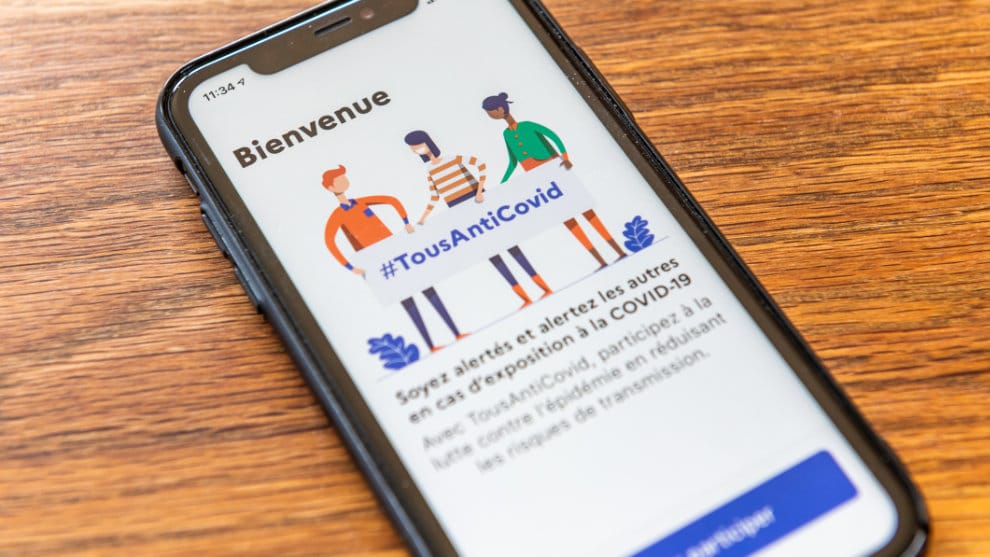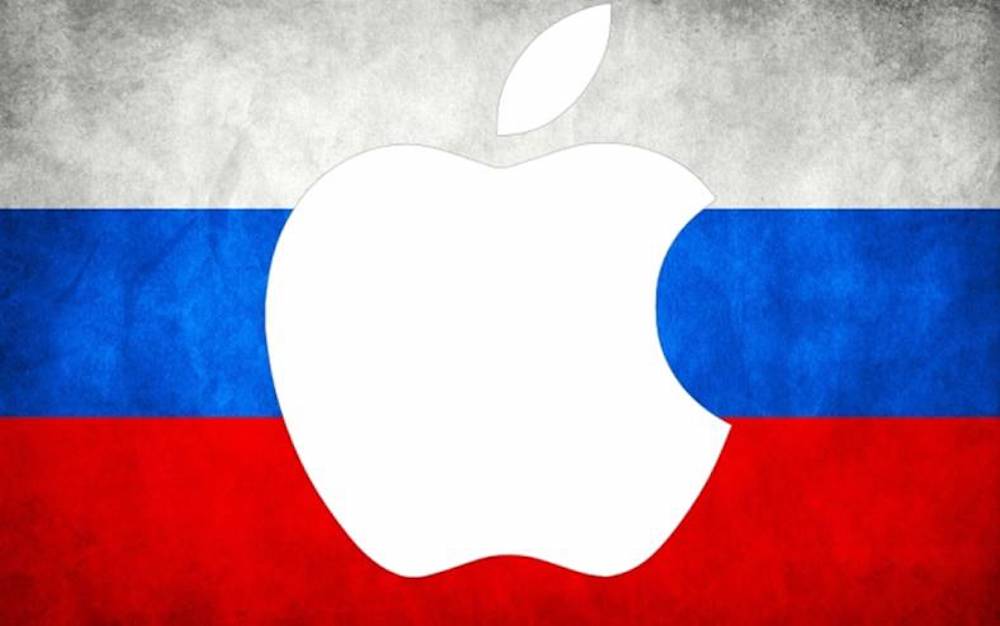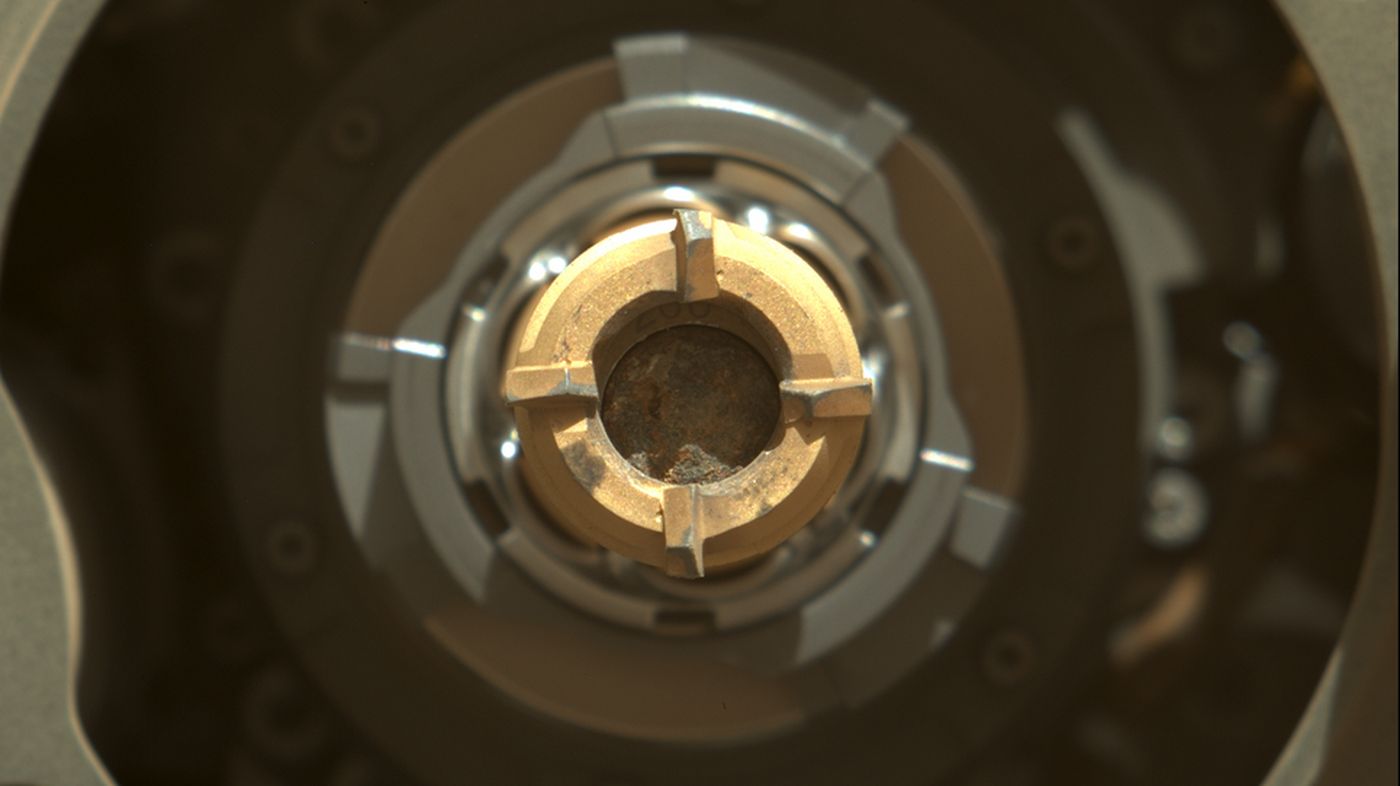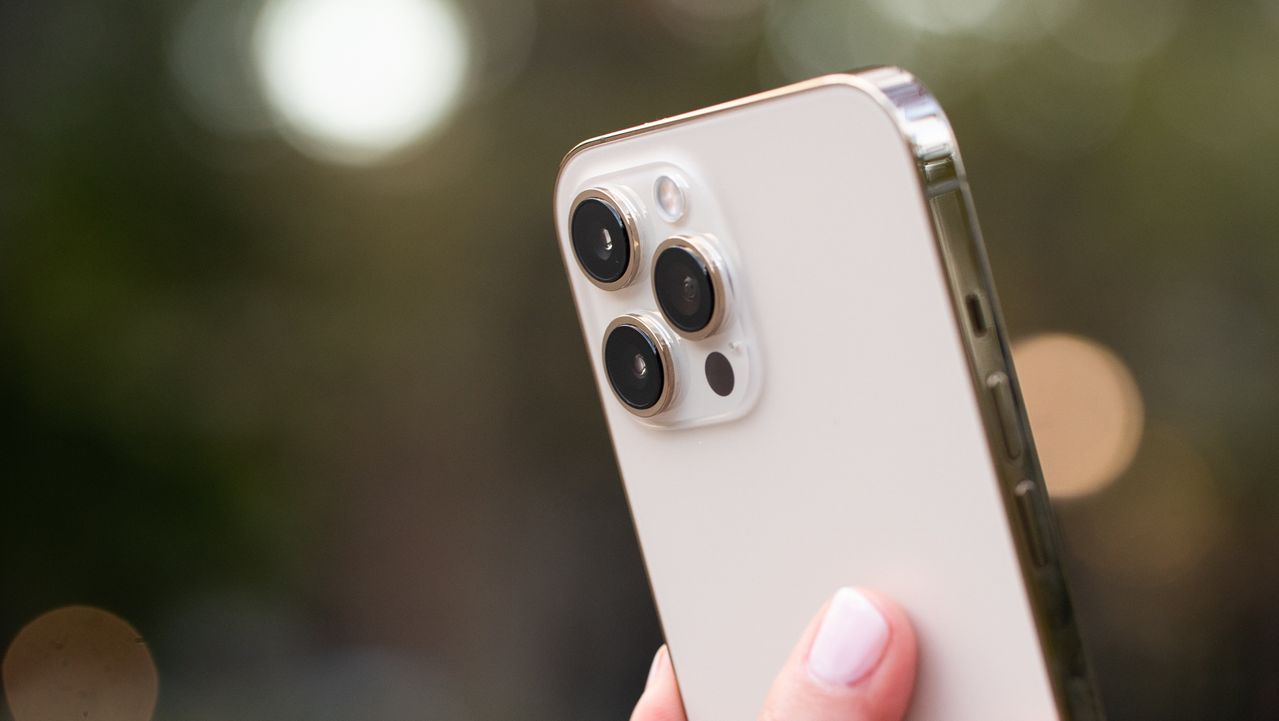TousAntiCovid: Millions of euros spent for “marginal utility” according to the CNIL
In an attempt to regulate the spread of Covid-19 during the epidemic, the French government has set up a phone application called StopCovid. Faced with its resounding failure, the latter received a little rebranding and signed a triumphant return under the name of TousAntiCovid. Clearer menus, information on the health status of the country shared every day and many French people found themselves with the program installed on their device. So is it a success? Numerically, probably. Regarding efficiency, it is much less obvious.
TousAntiCovid: too messy to be of any use?
The application had, it must be said, a destiny in which the hassles multiplied. Already, during one of its updates in June 2021, security experts had pointed out its new personal data collection system. The latter was getting up a bit too specific and intrusive and could be used quite easily to draw up precise profiles of the people who used it. As we write these words, we can say that TousAntiCovid has become completely invisible and no one talks about it or uses it anymore. The last update was even many months ago. However, when it comes to taking stock, the latest report from the National Commission for Computing and Liberties (CNIL) is not kind to the program. Posted this monday july 4ththe independent authority points to a ” marginal utility “. And this is not the first time that the CNIL has doubted the government’s strategy…
#COVID19 Following its previous opinions and 48 #controlsthe CNIL provides a new update on its actions concerning the systems and measures put in place by the government to fight against#epidemic 👉 https://t.co/XiUHPiBFXc pic.twitter.com/ll3WzPkaHe
— CNIL (@CNIL) July 4, 2022
According to the committee’s analysis, its usefulness remains to be proven on certain points, both the modalities for it to be effective were far too numerous. The cornerstone of his reason for living, his contact tracking system is thus called into question.
Too many checkboxes
Indeed, the CNIL questions the number of conditions to be met for its benefits to be 100% operational. They are far too numerous and very dependent on the number of actively used applications “. For this contact tracing works, it is necessary for example that each contact case has their Bluetooth turned on in addition to having informed of their medical situationwhich was only rarely a reality, as the entity recalls:
Statistics on the use of the contact tracking feature (proportion of positive cases declaring themselves in the application, number of users notified, proportion of people who tested positive having declared themselves in the application after being notified, etc. ) do not seem particularly high.
The entity wants improvements to be made to the application. In particular, it has been observed that detection of high-risk contacts via “TousAntiCovid” is less precise and that people are less inclined to be tested when they are notified by the application. “.
The CNIL therefore recommends to ” to optimise technical efficiency, to educate users of the application both on the activation of the contact tracking functionality by Bluetooth in times of high circulation of the virus”. She also advises raising awareness about “the importance of declaring yourself in the application or of carrying out tests ofscreening once notified of a risk of contamination”.
In short, not only does the “contact tracing” not work well (we already told you about it here), but the people who have installed the app do not really use it as it should. In fact, TousAntiCovid is a kind of charm, an “immunity” totem. It is also an application that has cost taxpayers 30 million euros and which has helped to enrich private companies.



